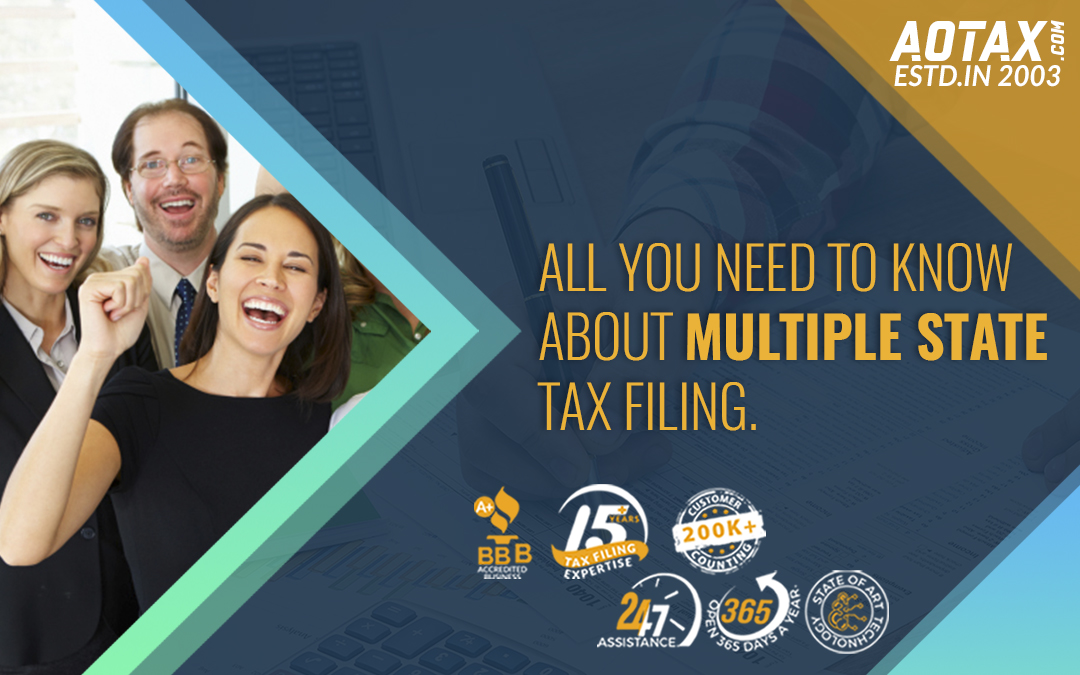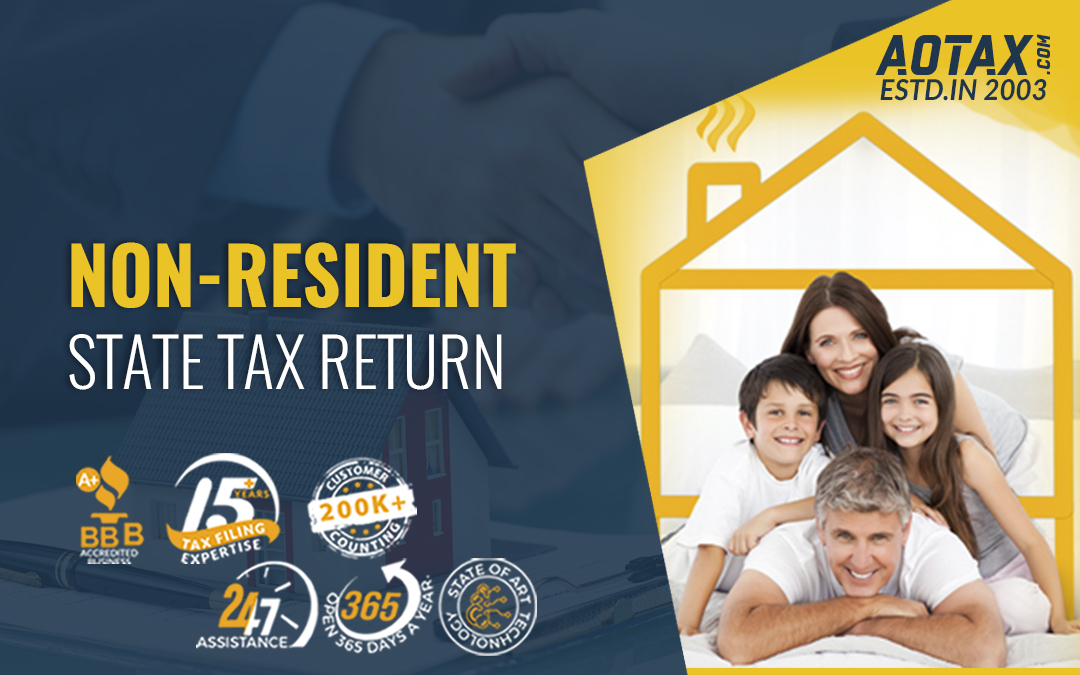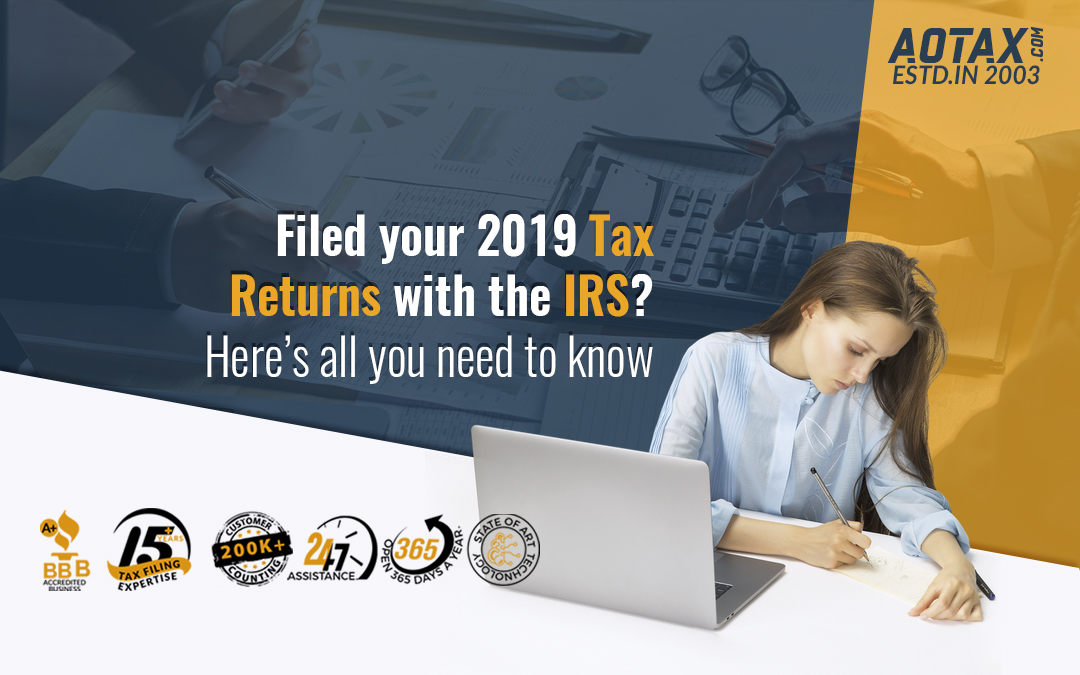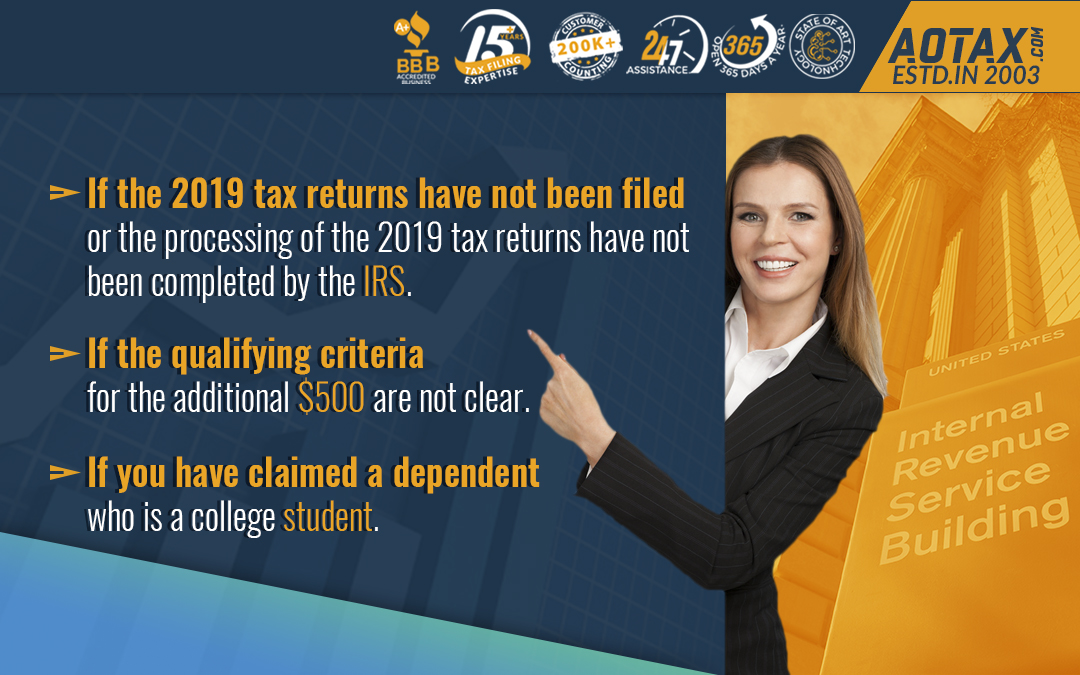
All you need to know about Multiple State Tax filing
All you need to know about Multiple State Tax filing
Multiple state tax filing As the pandemic COVID-19 continues to affect common people in the worst manner, many Americans who were residing in different states for work are gradually returning to their native states. People have now decided to return to their native States and work remotely. So, now you have quite a large number of tasks lined up for yourself.
You need to settle down, make yourself a part of the new community, and obtain a new driving license, register to vote in the new state, and many more. One more additional task is the filing of the tax return. Until now, you were filing only the Federal tax returns but now you would have other tax returns to file. These would include the need to file a tax return in the State you moved from to the State you have moved to.
Queries and confusions related to multiple state tax filing usually arise if you are earning income in different states during the same calendar year. These confusions can occur due to several reasons such as
- If you are changing your residency in the mid of a calendar year to a new State.
- If you are into a profession where your work makes you present in multiple states in a particular calendar year.
- If you own investment property outside your home state.
Determination of State residency

For most the Americans, determination of resident state is quite simple. The complications and risk of being open for a State Audit might arise if your stay time is split between multiple states.
You will have to prove to the State about your residency by showing up things like where you had been living in most of the year, where you own property; your bank accounts are present in which State, where are you registered to vote, etc.
Determination of your State residency is the primary step in the calculation of your State tax as it will help in determining the State in which you would have to file a state tax return as a resident.
Non-resident State tax return

For those non-resident states where you have earned income, you will have to file a Non-resident state tax return. In this form, you will have to report only those incomes which were earned in the Non-resident states.
a. In case, you are the owner of an investment property in the Non-resident State then your tax return to be reported would be rental income minus the associated expenses.
b.If you are a consultant who is working in some project out of the resident state then the income to be reported would be the proportion of your salary earned while you are working on that project.
c.There are some states such as New Jersey and Pennsylvania which are into an agreement by which there is no obligation for the residents of the states to file a non-resident state tax return if they are earning in the non-resident state.
Resident State tax return

In case of your home state’s tax returns, you have to report all income that you have earned which even includes the income that has been earned in different states. This implies that all your income in that calendar year would be subject to resident state’s tax laws.
While you are completing your tax returns, you will have the opportunity to list down the taxes which you owe to pay to other states. This would be applied as a credit against the taxes which are owed to the resident state
and so,you are not in a bad state by making a part of your income outside your resident state.
Part-year resident State tax return

The part-year resident State tax return would be relevant for those Americans who have moved from one state to another in the middle of a calendar year. By this, you would have an opportunity to split your income between the two states and claim to be a resident of both the states.
For the calendar year in which you are moving from one state to another, you would file the Part-year resident State tax return. However, you do not have to worry about paying double of your State tax.
Mostly, states would tax only income earned within the state and not outside the state. When you know the exact income earned in each state, you can easily report the exact income for each state. This can be feasible if you had a savings account in your old state which you closed while moving and opened a new one in your new state.
Conclusion
Hence, filing of State tax returns is somewhat confusing and would take some more time. You must determine your state of residency carefully, understand your income allocation as you cannot take the numbers reported on your W-2, and review your state tax returns carefully.





Recent Comments